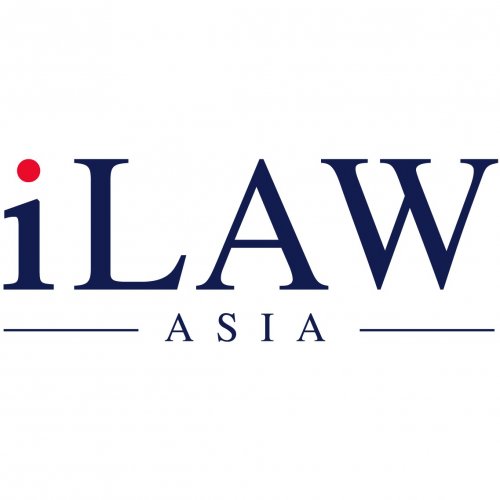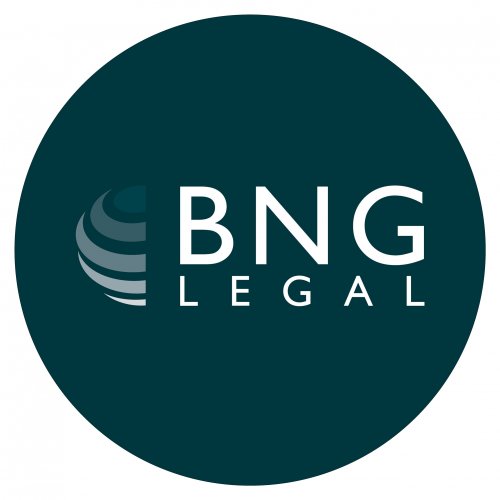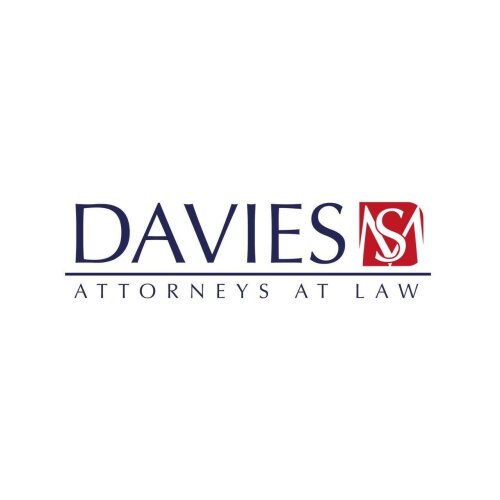Best Corporate Governance Lawyers in Phnom Penh
Share your needs with us, get contacted by law firms.
Free. Takes 2 min.
List of the best lawyers in Phnom Penh, Cambodia
About Corporate Governance Law in Phnom Penh, Cambodia
Corporate governance in Phnom Penh, Cambodia refers to the legal and practical frameworks guiding how companies are directed and controlled. Good corporate governance ensures businesses are run efficiently, responsibly, and in compliance with Cambodian law. Generally, it involves the relationships between a company’s shareholders, board of directors, management, and other stakeholders. As Phnom Penh’s economy continues to grow and attract both local and foreign investors, the need for robust governance standards has become increasingly important. Adhering to these standards can help companies minimize risks, enhance investor confidence, and promote sustainable growth.
Why You May Need a Lawyer
You may need a lawyer specializing in corporate governance for a variety of reasons. Common situations include forming a new company, restructuring a business, understanding director or shareholder rights, or handling corporate disputes. Lawyers are also essential when drafting or reviewing company bylaws, shareholder agreements, or compliance policies. If your organization is considering a merger, acquisition, or joint venture, professional legal guidance is vital to ensure all regulatory requirements are met and interests are protected. Additionally, if your company is facing regulatory investigations or shareholder activism, a qualified lawyer can provide effective representation and strategic advice.
Local Laws Overview
Corporate governance in Phnom Penh is largely governed by the Law on Commercial Enterprises, the Law on Investment, and various regulations issued by the Ministry of Commerce and the Securities and Exchange Regulator of Cambodia. These laws stipulate the roles and responsibilities of directors, officers, and shareholders, and outline the mechanisms for company incorporation and operation. They also set out rules for annual general meetings, financial reporting, disclosure obligations, and conflict-of-interest management. Foreign investors should note there are specific requirements for foreigners who wish to participate in Cambodian companies, including licensing and ownership restrictions in certain sectors. Proper adherence to these laws not only ensures regulatory compliance but also enhances a company’s reputation in the business community.
Frequently Asked Questions
What is corporate governance and why is it important in Cambodia?
Corporate governance refers to the set of processes, rules, and practices by which a company is directed and controlled. In Cambodia, effective governance promotes transparency, accountability, and ethical business conduct, all of which are crucial for business success.
What legal structures are available for companies in Phnom Penh?
The most common business structures are Private Limited Companies, Public Limited Companies, Branches, and Representative Offices. The choice depends on business goals, size, and level of foreign involvement.
Who is responsible for corporate governance within a company?
The board of directors has the primary responsibility for overseeing corporate governance, although company officers, management, and shareholders all play key roles.
What are the main duties of Cambodian company directors?
Directors are bound by duties of good faith, loyalty, and care. They must act in the company’s best interests, avoid conflicts of interest, and ensure compliance with all laws and company bylaws.
Are annual general meetings and financial reporting required?
Yes, Cambodian laws require companies to hold annual general meetings and prepare audited financial statements which must be submitted to the authorities.
Can foreigners serve as company directors or shareholders?
Foreigners can be directors and shareholders in Cambodian companies, but certain sectors may have local ownership requirements or licensing conditions.
What are the risks of non-compliance with corporate governance rules?
Non-compliance can result in legal penalties, company deregistration, loss of reputation, and potential liability for directors and officers.
How are corporate disputes resolved in Cambodia?
Most corporate disputes are resolved either through negotiation, mediation, or court litigation. Arbitration is also an option for certain cases, especially where commercial contracts dictate it.
What documents are essential for ensuring good corporate governance?
Key documents include the company’s articles of incorporation, bylaws, shareholder agreements, board resolutions, and compliance policies.
When should a company seek professional legal advice on governance issues?
It is advisable to consult a lawyer when setting up a company, changing its structure, facing disputes, drafting major contracts, or navigating regulatory investigations.
Additional Resources
For more information or further assistance on corporate governance in Phnom Penh, consider reaching out to the following entities:
- Ministry of Commerce - oversees company registration and operation standards
- Securities and Exchange Regulator of Cambodia - monitors publicly listed companies
- Cambodia Chamber of Commerce - provides support for businesses on regulatory matters
- Local law firms specializing in corporate and commercial law
- Non-governmental organizations focused on business ethics and transparency
Next Steps
If you need legal assistance in corporate governance, begin by identifying the specific issues or questions your company faces. Gather all relevant company documents and information, then seek out a reputable lawyer or law firm experienced in Cambodian corporate law. Schedule an initial consultation to discuss your needs and determine an action plan. Always ensure your chosen legal advisor has experience with the types of corporate matters relevant to your business and is familiar with local legal developments. Acting proactively can prevent issues before they arise and support your company’s compliance and long-term growth.
Lawzana helps you find the best lawyers and law firms in Phnom Penh through a curated and pre-screened list of qualified legal professionals. Our platform offers rankings and detailed profiles of attorneys and law firms, allowing you to compare based on practice areas, including Corporate Governance, experience, and client feedback.
Each profile includes a description of the firm's areas of practice, client reviews, team members and partners, year of establishment, spoken languages, office locations, contact information, social media presence, and any published articles or resources. Most firms on our platform speak English and are experienced in both local and international legal matters.
Get a quote from top-rated law firms in Phnom Penh, Cambodia — quickly, securely, and without unnecessary hassle.
Disclaimer:
The information provided on this page is for general informational purposes only and does not constitute legal advice. While we strive to ensure the accuracy and relevance of the content, legal information may change over time, and interpretations of the law can vary. You should always consult with a qualified legal professional for advice specific to your situation.
We disclaim all liability for actions taken or not taken based on the content of this page. If you believe any information is incorrect or outdated, please contact us, and we will review and update it where appropriate.















